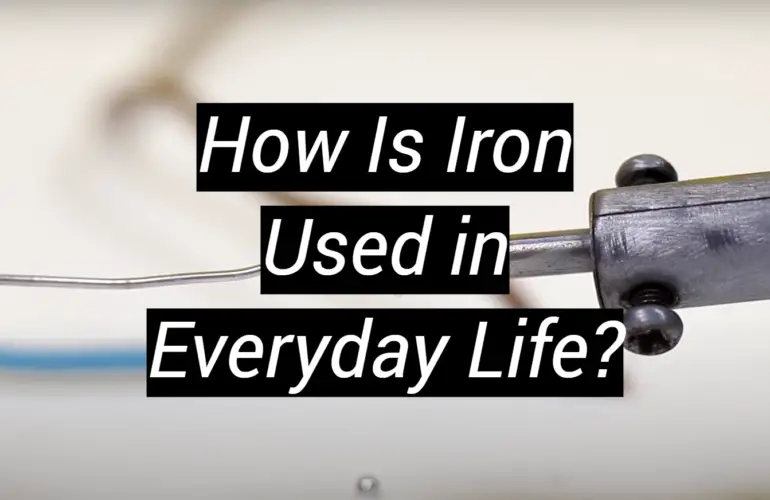Iron is a versatile metal that has many uses in our everyday lives. It plays an essential role in transportation, construction, manufacturing, and healthcare industries all over the world. From cars and airplanes to machines used in hospitals, iron can be found everywhere making our daily lives more efficient and convenient. Its strength and malleability make it the perfect choice for various applications with its ability to withstand corrosion and extreme temperatures.
What is Iron?
Iron is a chemical element with the symbol Fe and atomic number 26. It belongs to group 8 of the periodic table and is one of the most abundant elements on Earth’s crust. Iron has a higher melting point than other metals, making it an ideal material for heavy industry and machinery. It is also very ductile.
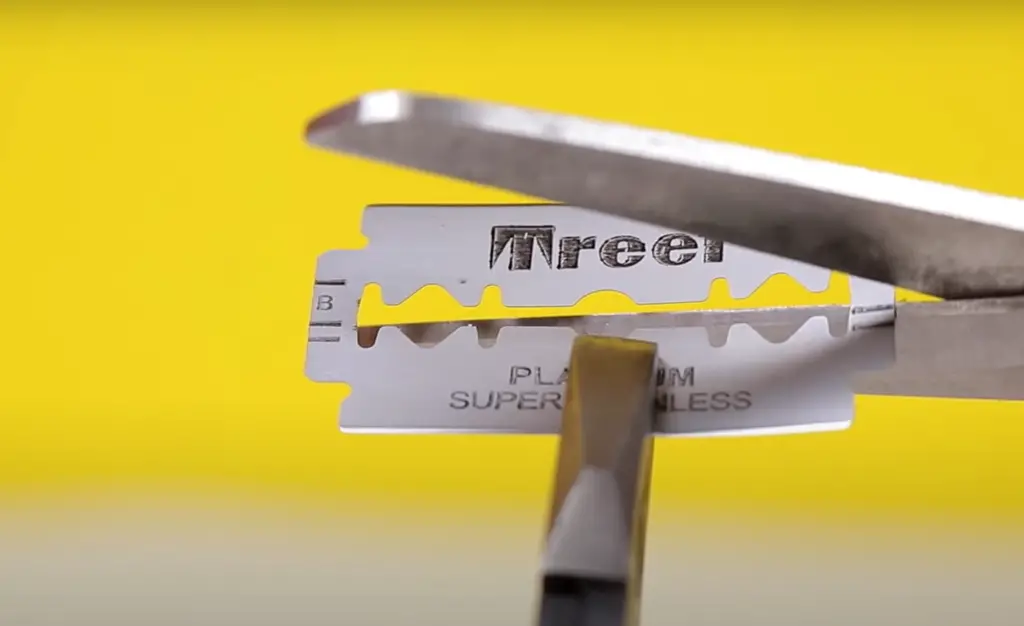
It means it can be easily formed into various shapes without breaking or cracking. With its superior strength and durability, iron makes up many components in cars, airplanes, and even computers. In addition to its use in machines, iron is commonly found in everyday items used by people around the world such as kitchen utensils, pipes, tools, and even nails [1].
What Are the Properties of Iron?
Iron has a variety of properties that make it an ideal choice for many applications. Here are some of them:
Physical Properties of Iron
Iron is a grayish-white metal that has a wide range of physical properties. It is strong and malleable, meaning it can easily be formed into various shapes without breaking or cracking. This metal has very high melting and boiling points, making it ideal for heavy industries. Its resistance to corrosion makes it useful in many everyday objects such as kitchen utensils, pipes, tools, and nails.
Chemical Properties of Iron
Iron’s chemical properties make it an indispensable element in the world today. The most important feature is its ability to react with oxygen from the air and form compounds like rust. This process gives iron its characteristic reddish-brown color when exposed to moisture over time. It is also capable of combining with other elements to form alloys like steel, which is even stronger and more durable than pure iron.
Significance of Iron in Everyday Life
Iron is a vital part of our everyday lives. It has an extensive range of uses, from the production of heavy machinery and vehicles to playing an important role in healthcare. In manufacturing, iron is used for making automobiles, trains, ships, engines, tools, and many other items. It is also used in construction due to its strength and ability to withstand extreme temperatures and weather conditions.
It makes iron suitable for building everything from bridges to skyscrapers. The medical industry relies heavily on this metal as well. You can find it in surgical instruments, orthopedic devices, medications, and even blood transfusions. Iron helps with healthy red blood cell production which can improve overall health and give people more energy throughout the day.
How is Iron Used in Transportation?
Here is how iron impacts transportation areas [2]:
Role of Iron in Manufacturing Cars, Bikes, and Other Vehicles
Iron is a vital component of many vehicles both large and small. It is used for everything from frames and chassis to engines and wheels.
It can withstand corrosion better than other metals which helps protect vehicles from rusting or deteriorating over time.Impact of Iron on the Construction of Bridges and Railway Tracks
Iron plays an important role in bridge construction due to its ability to bear heavy loads without breaking or cracking under pressure. This strength makes it perfect for supporting large spans of bridges and railway tracks.
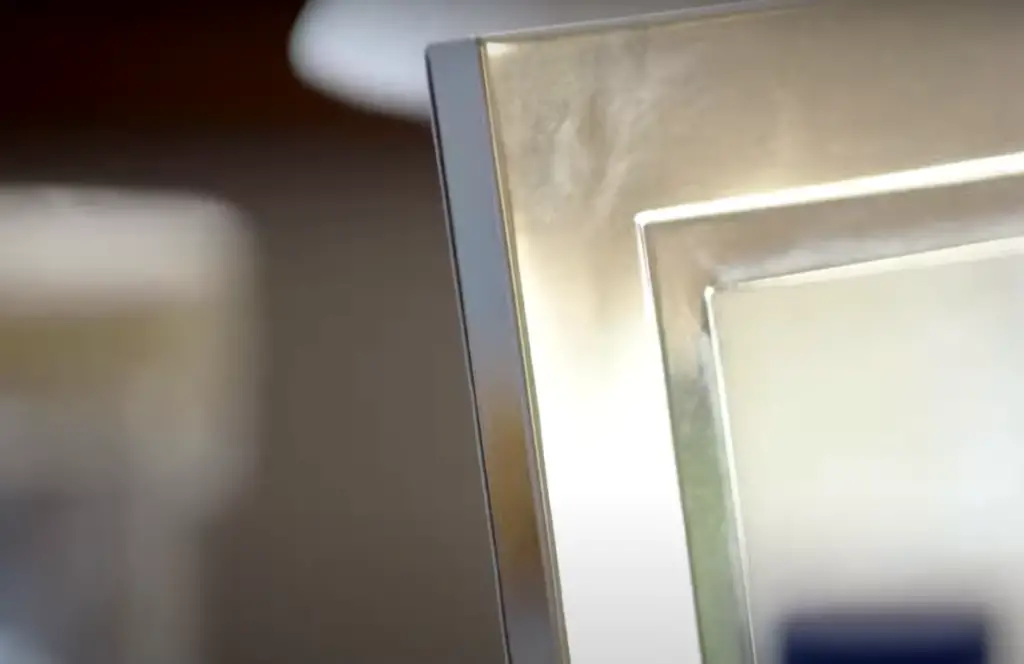
Its malleability also allows for easy installation as engineers can shape the metal into various forms and sizes to fit their needs. Its corrosion-resistance properties ensure that bridges last longer without frequent maintenance or repairs.
Iron’s Contribution to the Transportation of Goods Through Ships and Trains
Iron is essential for shipping goods around the world. It is used in the hulls of many ships, helping them withstand pressure from waves and storms while navigating across oceans. It is commonly found in train tracks due to its strong support system which allows it to bear heavy loads easily. By using iron, trains can transport heavier cargo with less chance of damage or derailment from poor infrastructure.
How is Iron Used in Construction and Infrastructure?
Iron plays a major role in the world today, from transportation and manufacturing to construction and infrastructure:
Importance of Iron in the Construction of Buildings and Skyscrapers
Iron is a crucial material for building structures such as buildings and skyscrapers. Its strength enables it to bear heavy loads, while its malleability allows engineers to shape it into various forms, making it ideal for constructing complex structures like towers and arches. Iron’s resistance to corrosion helps protect these structures from deterioration due to harsh weather conditions or air pollution.
Role of Iron in Reinforcing Concrete and Providing Structural Stability
Iron can also be used to reinforce concrete by adding extra support where needed. This helps strengthen weak areas and provide structural stability over time. It is commonly used in the production of pipes, beams, and other construction materials, making it easier to construct buildings faster and with fewer resources.
Iron’s Usage in the Production of Pipes, Beams, and Other Construction Materials
Iron is a vital component of many construction projects. It is used in the production of beams for roofing, columns for support structures, and pipes for plumbing systems. The metal’s resistance to corrosion makes it an ideal choice for long-lasting infrastructure projects that require little maintenance over time. Its malleability enables engineers to shape it into various forms which are essential for constructing complex structures like bridges or skyscrapers.
How is Iron Used in Household Items?
Here are the most common uses of items in homes:
Common Household Appliances and Tools Made of Iron
Iron is a versatile material that can be used to make a variety of household appliances and tools. It is an ideal choice for manufacturing stoves, clothes irons, air conditioners, and washing machines due to its strength and resistance to corrosion.
Iron’s Presence in Kitchen Utensils and Cookware
Iron is commonly found in kitchen utensils, including:
- Pots;
- Pans;
- Skillets;
- Ladles;
- Whisks;
- Baking sheets;
- Metal skewers;
- Colanders, etc.
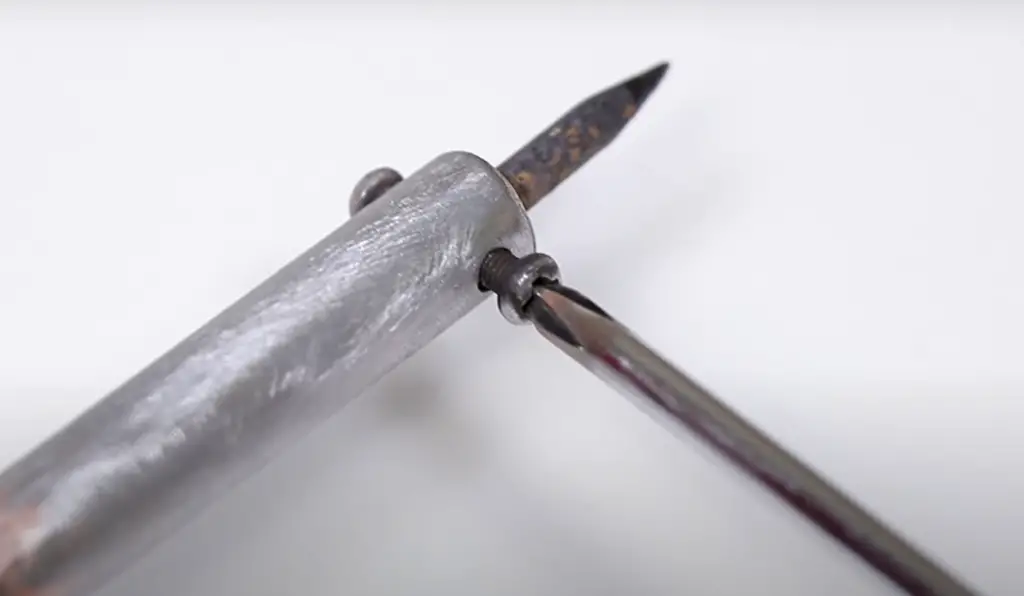
Not only is it durable and strong, but iron also provides even heat distribution making it an ideal material for cooking on the stove or in the oven. Furthermore, its natural non-stick properties make it easy to clean and maintain.
Iron’s Role in Furniture Manufacturing and Home Decor
Iron is often used to manufacture furniture due to its strength and ability to bear heavy loads without breaking. It is commonly found in beds, chairs, tables, shelves, cabinets, benches, railings, and more. It is a popular choice for home décor, including:
- Statues;
- Lamps;
- Plates;
- Other decorative items.
How is Iron Used in Medicine and Healthcare?
Iron is a key component in the medical and healthcare industry, being utilized in numerous ways to aid in treatments and diagnosis. Here are some of its applications in the field [3]:
Importance of Iron in the Production of Medical Equipment
Iron is an essential material for producing medical equipment such as X-ray machines, MRI scanners, and surgical instruments. Its strength enables it to bear heavy loads while its malleability allows engineers to shape it into various forms that are needed for complex medical devices. Iron’s resistance to corrosion makes it an ideal choice for long-lasting tools and machines used in healthcare settings.
Iron’s Role in the Transportation of Oxygen in the Bloodstream
Iron plays a vital role in transporting oxygen throughout the body by binding with hemoglobin molecules found in red blood cells. When a person has an iron deficiency, their body cannot produce enough hemoglobin which can lead to anemia and other serious health conditions. For this reason, doctors often recommend iron supplements for those who are at risk of developing an iron deficiency.
Iron Supplements and their Impact on Preventing Iron Deficiency
Iron supplements can be taken orally or intravenously to increase a person’s iron levels and prevent the onset of anemia. These supplements help replenish depleted stores of iron in the body and can be prescribed by doctors for pregnant women, athletes, people with dietary restrictions, and any other individuals who are at risk of developing an iron deficiency.

Taking these supplements regularly can help ensure proper oxygenation throughout the body while reducing the chances of becoming ill due to a lack of essential nutrients.
How is Iron Used in Energy Production?
Iron is an essential component in energy production due to its durability, strength, and malleability. Here are some of the ways iron is used in energy production [4]:
Iron’s Usage in the Production of Wind Turbines and Solar Panels
Iron is an essential material for constructing wind turbines and solar panels. Its strength enables it to bear heavy loads while its malleability allows engineers to shape it into various forms, making it ideal for constructing these complex structures. Iron’s resistance to corrosion helps protect these structures from deterioration due to harsh weather conditions or air pollution.
Iron’s Role in the Manufacturing of Electrical Transformers and Motors
Iron is also commonly used in the production of electrical transformers and motors due to its ability to conduct electricity more easily than other metals. Furthermore, its low cost makes it an ideal choice for these types of equipment as they often require a large amount of iron for production.
Iron’s Importance in the Extraction and Transportation of Fossil Fuels
Iron plays an important role in the extraction and transportation of fossil fuels such as oil and gas. It is used to construct pipelines, tanks, and other infrastructure needed for drilling operations as well as for transporting these materials from one place to another. Its strength enables it to bear heavy loads while its malleability allows engineers to shape iron into various forms which are essential for building complex infrastructure projects.
Iron Uses in Technology and Electronics
Iron is also used in a variety of technology and electronics, including [5]:
Role of Iron in Computer Hardware and Electronics Manufacturing
Iron is an essential material for computer hardware manufacturing due to its strength, malleability, and resistance to corrosion. It is commonly found in circuit boards, processors, motherboards, CPU fans, and other components of computers and other electronics. Additionally, iron’s electrical conductivity allows it to be used in the manufacture of resistors which are an integral part of any electronic device.
Iron’s Significance in the Production of Batteries and Magnetic Devices
Iron plays a key role in the production of batteries due to its ability to store energy over long periods.
Iron’s magnetic properties make it an essential material in the production of various types of magnets such as permanent magnets, electromagnets, and superconducting magnets.Iron’s Usage in the Generation and Distribution of Electricity
Iron is also commonly used in the generation and distribution of electricity due to its malleability which allows engineers to shape it into various forms.
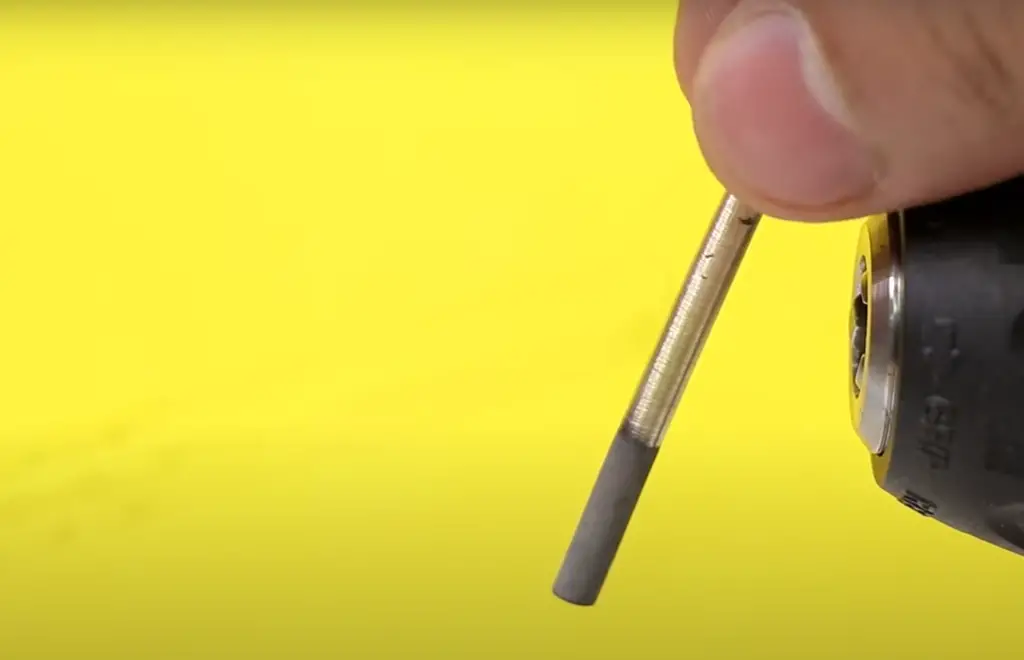
It is widely used for constructing power lines, transformers, switchgear, circuit breakers, relays, and other equipment needed for generating and transporting electricity around the world. Its resistance to corrosion helps protect these devices from damage over time.
FAQs
How is iron useful to society?
Iron is an essential material for various industries due to its strength, malleability, and resistance to corrosion. It is commonly used in the production of medical equipment, construction of wind turbines and solar panels, manufacture of electrical transformers and motors, extraction and transportation of fossil fuels, production of computer hardware and electronics, generation and distribution of electricity, etc. In addition to its many industrial applications, iron can also be taken as a supplement to help prevent iron deficiency which can lead to serious health issues.
Why is iron important for living things?
Iron is essential for living things as it helps to transport oxygen throughout the body via hemoglobin molecules found in red blood cells. Without sufficient iron, people can develop anemia and other serious health conditions. For this reason, doctors often recommend taking iron supplements for those who are at risk of developing an iron deficiency.
Who is iron most important for?
Iron is most important for people who are at risk of developing an iron deficiency. This includes pregnant women, athletes, individuals with dietary restrictions, and other groups who may have difficulty getting enough iron through their diet. Taking iron supplements regularly can help ensure proper oxygenation throughout the body while reducing the chances of becoming ill due to a lack of essential nutrients [6].
What everyday items are made of iron?
Iron is used to create a variety of everyday items. It can be found in everything from kitchen appliances, tools, and furniture to vehicles, medical equipment, and electronics. Iron is also used in the construction of buildings, bridges, and other infrastructure projects due to its strength and malleability. It is essential for the generation and distribution of electricity as it can be easily shaped into various forms for creating power lines, transformers, switches, and other equipment.
Useful Video: Iron ore in everyday use
Conclusion
Iron is a versatile and essential material that plays an important role in many industries. From its use in the manufacture of medical equipment and computer hardware to its application in construction projects and transportation of fossil fuels, iron’s strength, malleability, electrical conductivity, and corrosion resistance make it invaluable for a variety of applications. It is also important for living things as it helps to transport oxygen throughout the body. Without using iron, modern society would not function properly.
References:
- https://dictionary.cambridge.org/dictionary/english/iron
- https://worldsteel.org/steel-topics/steel-markets/steel-in-transport/
- https://www.medicalnewstoday.com/articles/287228/
- https://www.en-former.com/en/generating-power-with-recycled-iron/
- https://bettermeetsreality.com/metals-used-in-electronics-technology-in-new-future-technology/
- https://www.hsph.harvard.edu/nutritionsource/iron/

